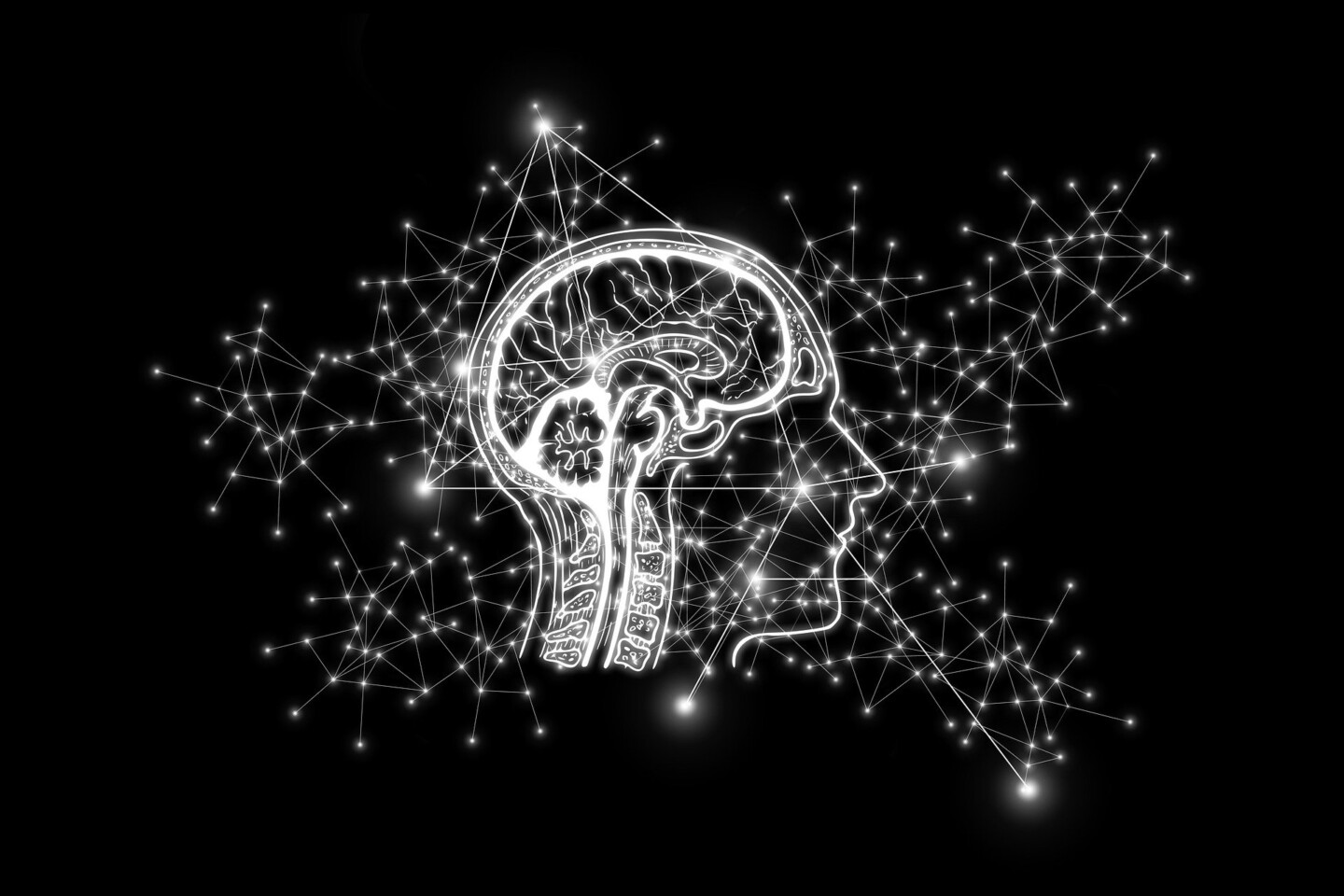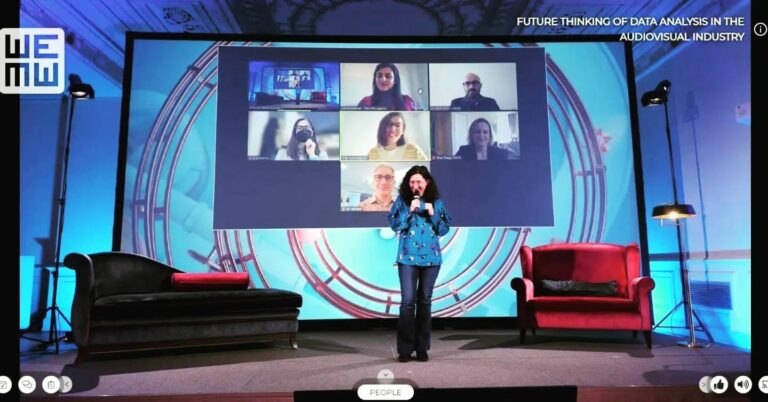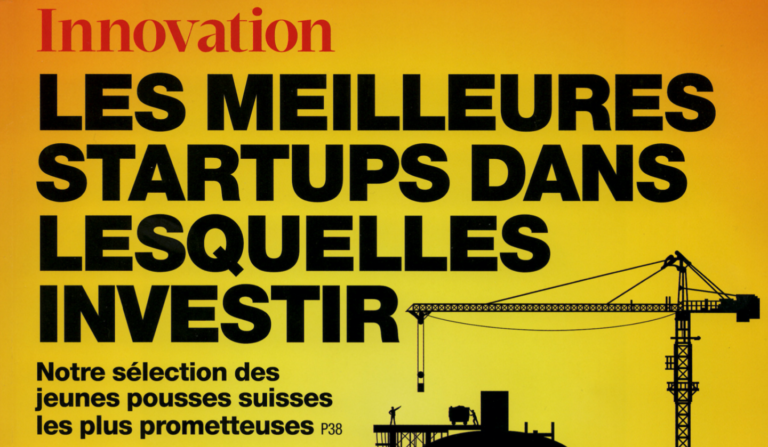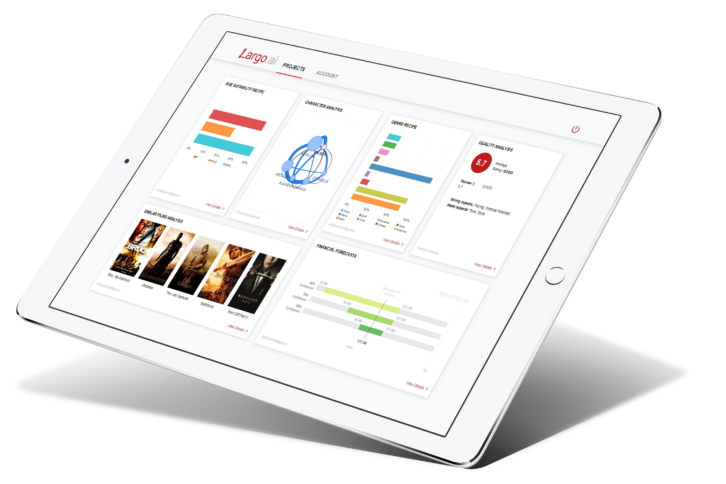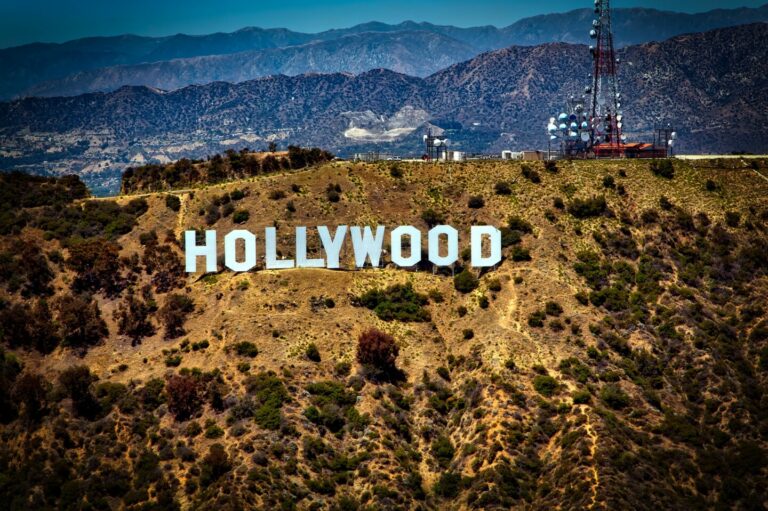Imagine a technology that can help a whole industry to make better choices while minimizing risk and helping to ensure better returns on investment.
Well, that is artificial intelligence and it is already hard at work trying to save the movie industry from disaster.
“To me, the danger lies not in the use of AI, but rather in the fact that cinema is getting less and less democratic, with (increasingly), the biggest decisions left to a handful of powerful people.” – Sami Arpa (CEO of Largo)
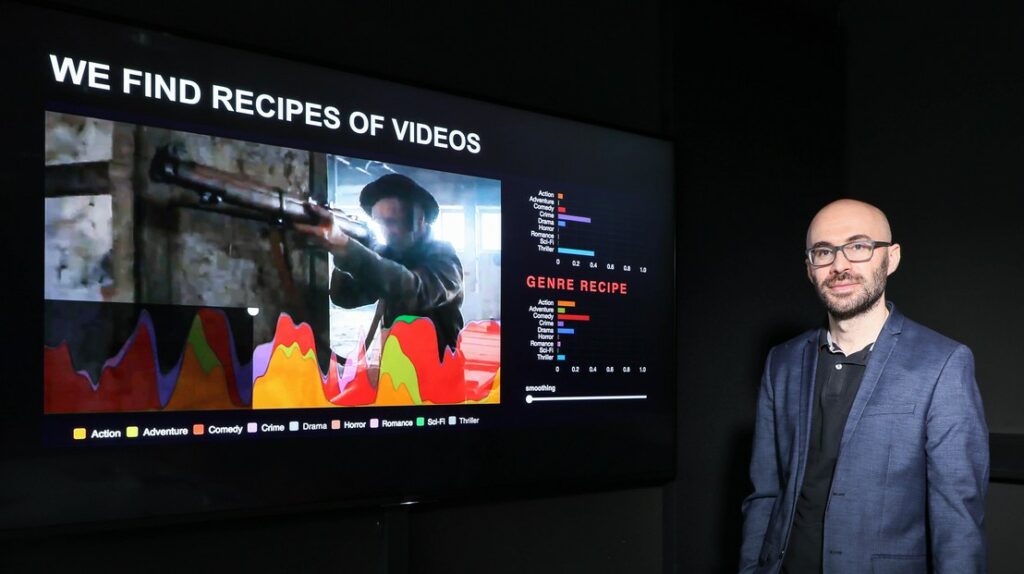
Let’s make no mistake, cinema needs to adapt if it is going to survive.
Movie theatres are being dominated by fewer and fewer movies that are made by a handful of mega-studios who have so much money riding on them that they cannot afford to fail.
It is likely that were it not for the revolution of video on demand (VOD) platforms such as Netflix, far fewer independent movies or ‘arthouse’ would have been made over the last decade. You only need to compare the number of ‘classics’ made in the 1970s or 1980s to now, and you get a picture of how dire the health of the industry is.
Today, the global movie industry needs all the help it can get if it is going to survive, particularly as it faces threats from generations of people who have been raised on social media and interactive media such as computer games and VR, and now also coronavirus crisis.
The only way the industry is going to survive is by utilizing technology to help it transform its business model so that it can allow greater artistic freedom and ensure diversity, while still making profits.
Something big has got to change.
Artificial Intelligence To The Rescue
Just consider how truly revolutionary Netflix has become simply by using new technology to subvert the established industry business model.
Today, Netflix is a powerful studio in its own right, something that is down entirely to it leveraging technology to offer better choice to it audiences.
The company has built a huge amount of its success on artificial intelligence. Being able to accurately predict what kinds of movies and TV shows that its members will want to watch helps both its VOD platform give accurate recommendations and its content producers greenlight only the best movie and TV scripts.
As an article in The Anchorage News highlights, “Netflix has morphed into the largest movie studio in Hollywood, at least in terms of volume. The company plans to release 50 to 60 films a year.”
With 6 out of 10 titles watched on its VOD platform in 2019 being Netflix originals, it is clear just how Netflix’s use of AI and big data analytics has leapfrogged it ahead of the ‘Big Six’ Hollywood studios.

The message here is clear, if the studios continue to lose the edge on the application of AI solutions, they will be left behind and dissolve into obscurity and irrelevance.
Faster And Smarter Decisions
Over the past few years, several companies that specialize in the application of artificial intelligence to the science of big data analytics have emerged.
Aside from Largo, there is the Israeli startup Vault, which uses AI to try to predict the potential demographics of a movie by who watches the trailers online. A startup called Pilot focuses its AI on trying to predict a movie’s gross up to 18 months before it is released. Other startups include ScriptBook and Cinelytic, both of whom offer similar predictions.
While each company has a different AI model, the underlying process is the same.
Each company licenses a large amount of historical data that correlates to the predictions that they intend to make.
So, for example, to make predictions relating to potential movie gross, historic data such as how well similar movies performed at the box office, genre, and time of year, etc., is all cross-referenced to allow the AI program to create an accurate prediction as possible.
Largo’s artificial intelligence system, which is better known as Largo.AI, has so far managed to achieve a cross-validated accuracy of 86% when it comes to predicting likely movie gross.
While figures like these are impressive, there is still a long way to go when it comes to unlocking the true potential of this exciting new technology.
The main challenge facing the technology was highlighted in a recent interview with Sami Arpa who said the“ one thing the AI cannot do is to explain the reasons behind the results. Defining the ‘why’ is our next challenge.”
Despite these challenges, AI is already changing the movie industry.
In November 2018, 20th Century Fox revealed that it had already begun using AI to help it refine its understanding of what audiences were likely to enjoy in an upcoming movie release. By analyzing scenes within a trailer being viewed online, it was able to get insights into which “micro-segments” an audience liked.
Both of the examples above highlight just how AI is offering movie production companies a glimpse of the future.
By gaining a clear understanding of what audiences will like and dislike about a movie, producers will be empowered to act to improve them. With companies such as Largo offering this service as early as the script phase, producers finally have the keys to the castle as far as limiting risk and maximizing return on investment.
But how will all this save the movie industry?
The current AI technologies focus on several key areas – gross earning predictions, cast suitability, identifying audience demographics, and target marketing.
Let’s consider the most obvious example. Movie production companies must make a profit. If they fail to do so then they will go out of business.
This dynamic becomes even worse at the top. Since all the major studios are now corporations and therefore have investors who demand ever-increasing profit, they have had to limit the kinds of movies that they make and focus on making blockbusters to ensure maximum ROI.
These blockbusters sometimes cost hundreds of millions of dollars, and when they fail, it hurts.
The application of artificial intelligence and big data could help prevent these losses. The studios would then be free to focus on making only those movies that will be profitable.
This, in turn, would free up huge sums of money that could be used to make other kinds of movies, something which would bring back audiences who have to already turned their backs on movie theatres and now rely on Netflix for their entertainment.
Since these movies would also be greenlighted via the help of AI systems, they would also most likely be profitable. This would create a sustainable and more diverse movie industry that would be appealing to all.
If the movie industry is serious about the future, it is time that it embraces artificial intelligence.
Imagine a technology that can help a whole industry to make better choices while minimizing risk and helping to ensure better returns on investment.
